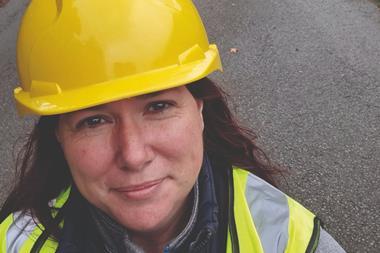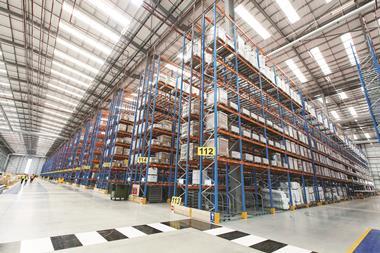Editor: Airbnb announced last month that it would be going public in 2020, either via IPO or a direct listing. Whichever route it decides towards a $30bn (£23bn) to $40bn float, we do not believe it will have a significant impact on the UK hotel sector.
Airbnb’s growth since 2008 has certainly disrupted the hotel sector and led to a shift in the wider accommodation market.
However, business travellers, who accounted for 16.3 million trips and 39 million bed nights in 2018, according to Visit Britain, still find hotels preferable to Airbnb, particularly the new breed of city centre ‘affordable’ lifestyle hotels. On the supply side, there are suggestions that the home booking market is finite and Airbnb may be close to saturation point.
In the future, the likely tightening of letting regulations, the setting of rental caps in major markets and the failure of property management companies to achieve required scale might hinder the further growth of Airbnb.
There are reports that Airbnb will move into hotel operation, having opened its first hotel in New York and made a minor investment in Oyo, the budget-focused Indian-owned hotelier. However, we remain unconvinced that Oyo will affect business travellers’ decisions in the UK.
Our belief is that Airbnb will continue to grow and succeed as a company, but most of its future success will come from an expansion of the services it offers to consumers, rather than a significant increase in its share of the accommodation market.
In the context of the brand-dominated, business-friendly UK hotel environment, we doubt Airbnb will have a more detrimental effect than it has had so far.
Richard Talbot-Williams, senior director and alternative markets expert, BNP PRE
































No comments yet